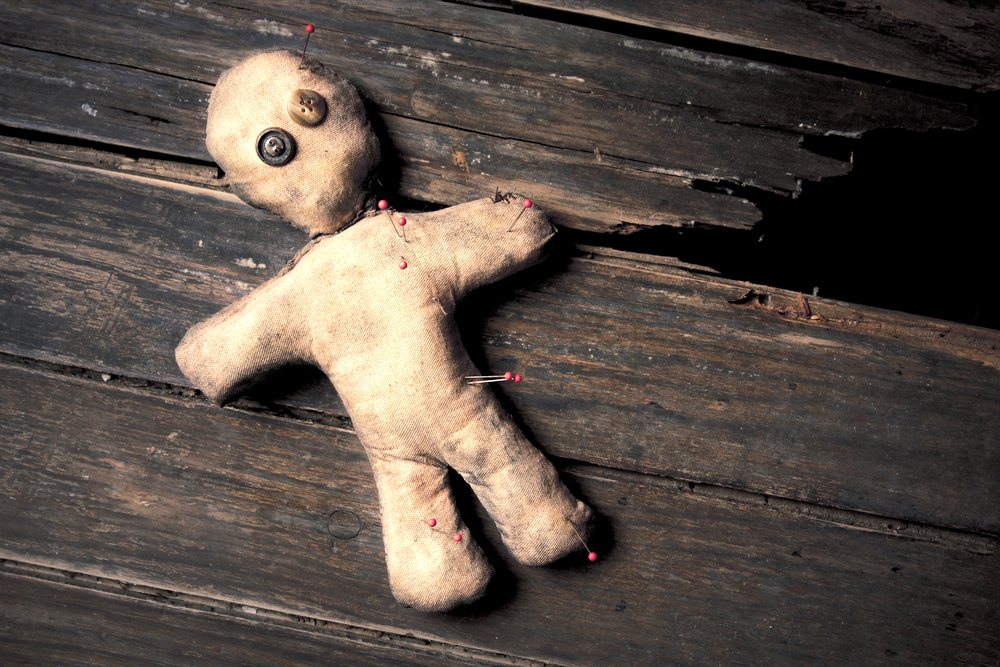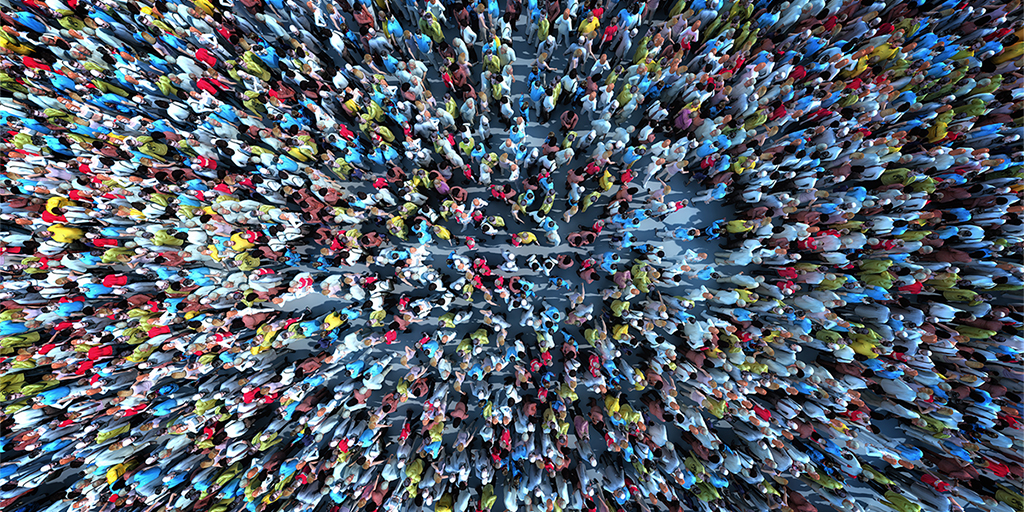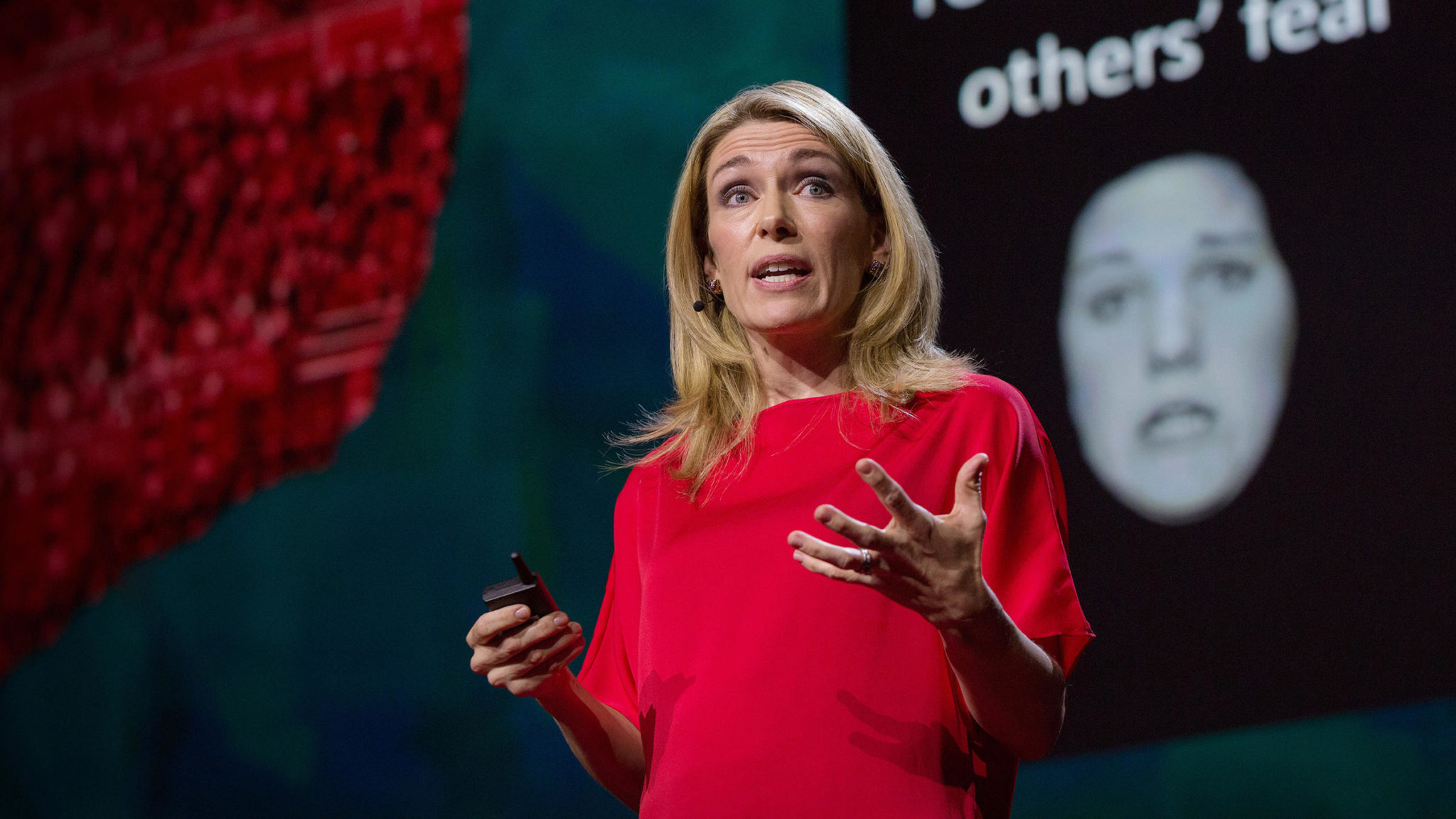psychology
Research calls into question the separation of church and state in the United States.
How a mother-daughter obsession became a massive and dangerous industry. The weird history of the Myers-Briggs Type Indicator.
Mindfulness practices can considerably improve the symptoms of depression and anxiety, especially when used with psychotherapy.
▸
4 min
—
with
Both schizophrenics and people with a common personality type share similar brain patterns.
Traveling to Mars is going to be hard. Not going completely bonkers when we’re there may be even harder.
Why self-control makes your life better, and how to get more of it.
A first-ever study looks at how sibling bullying leads to the development of psychotic disorders later in life.
Have you ever been curious about how curiosity works?
“You” might not be as real as you think you are. Here’s what Buddhism has to say about living ego-free, and how Freud misunderstood it.
▸
4 min
—
with
His guiding spirit Thomas helped the author make better financial decisions and take care of his health.
Evolution has trained your mind to create in-groups and out-groups in a flash—but the lines are more flexible than you think.
What are the true motivations of people who cheat, and why do even happy spouses do it?
▸
5 min
—
with
Some people like going to bed early in the evening and waking up at the crack of dawn. Others are most alive after the Sun has set, preferring the darkness […]
Unraveling the psychology behind gun ownership may offer fresh insight into the gun control debate.
If we’re going to treat psychological suffering as effectively as we treat pneumonia and broken bones, we’d better think outside the box.
Boredom has benefits. New research finds that device-free solitude deactivates high arousal emotions while reducing stress and promoting relaxation.
Our empathy is getting better, but universal? No way.
A new study overturns the conventional thinking about how we focus our visual attention.
When you see Nazis in the streets chanting things like “Jews will not replace us,” it can be difficult to comprehend why they would believe such horrid things.
The discovery of a neuron in the brain that acts as the “master controller” of habits could someday change the way we treat addiction and compulsive behaviors.
The science of selflessness.
This conceptual framework is the most advanced representation of human emotions to date.
There’s only one guy on this whole planet who’s done both. He tells us what it’s like to experience two of the most extreme feats.
▸
3 min
—
with
A new study shows that people who avoid negative emotion tend to be worse off psychologically, while those who accept bad feelings report higher well-being.
New research brings nuance to the concept of being nice by illuminating the personality traits that underlie it, dividing the quality into two related but distinct components.
A recent study examines the ways in which spouses affect an individual’s tendency to pursue challenging and rewarded opportunities.





























